Students and faculty alike gathered on Nov. 28 for Dr. Marcie Lenk’s discussion of the Israeli-Palestinian conflict. Lenk, the Director of Christian Leadership Programs at the Shalom Hartman Institute in Jerusalem, prefaced her discussion by noting that her material would comprise of her personal experience as an American Jew living in Israel as a context for her understanding of the conflict.
While she may seek objectivity in her analysis of the situation, her conclusions only represent those of a single individual with the inherent biases one encounters when identifying with the involved parties of any historical event.
Lenk went on to describe her upbringing as an Zionist orthodox Jew in New Jersey, adding that her orthodox Jewish education instructed her to fear Christians and even deterred her from associating with non-orthodox Jews who were considered less serious about Judaism. Lenk said that this sheltered upbringing contributed to her ignorance in later years and would ultimately conflict with her desire to connect with people of differing religious and ethnic backgrounds. At the age of 22, Lenk moved to Israel and lived there for many years before realizing her profound interest in Christianity while engaging with Christians at an interfaith service. She returned to the U.S. to enroll in the Harvard Divinity School to study Christianity.
Following her description of her Zionist orthodox upbringing and her move to Israel, Lenk discussed the mounting tensions between Jewish Israelites and Palestinians. Palestinians had been living in marginalization for many years prior to the First Intifada, a Palestinian campaign of violence that Lenk claims served as an introduction of the Palestinians to those Jews like herself whose orthodox Zionist upbringing excluded familiarity with the Palestinian plight. She learned that a minority population of Palestinians, a stateless people, were living under oppression in Israel, lacking Israeli citizenship altogether on the basis of their ethnicity. Concurrent also was a hugely substantial power differential between the Palestinians and Israelis which further polarized the groups. Tensions heightened in 1967, when neighboring countries such as Egypt, Syria and Jordan began preparations for war against Israel. Many Zionists believed this to be the end of their Jewish homeland and began preparations for the abundant violence they assumed would occur. However, Israel won the conflict in six days, expanding into the previously Jordanian West Bank and Egyptian Gaza Strip. These territories are still controlled by Israel, although Palestinians living there do not retain citizenship to any country.
Discussions of a two-state solution to the Palestinian-Israeli conflict sparked hope amongst Israelites. It was during this time that Lenk experienced a “great political and spiritual awakening,” realizing her own ignorance and pursuing her desire to engage with Christians, a people whom she’d ignored for much of her life. She at this time also began “mingling” with Palestinians, despite the cultural tension. This “awakening” prompted her to return to the U.S. to begin her studies in Christianity.
As the ordinal nomenclature of the First Intifada would suggest, a second occurred while Lenk was studying in the US. Far more violent than the first, the Second Intifada served as a catalyst to the Israeli disengagement from the West Bank in 2005. Two years later, elections in the West Bank saw the Hamas party gain power, a party that notably refuses recognition of the Israeli state. Violence began again, as rockets launched from the Gaza Strip detonated in Israeli cities. Lenk returned in 2011 to a consensus of fading hope for a two-state plan which she attributes to increasing polarization and mutual unwillingness to understand the opposing party’s culture and perspective. Intermingling between each group was uncommon, so Lenk sought to help facilitate a greater coexistence, if only on a small scale, by introducing her Jewish friends to her Palestinian friends and illustrating the cultural similarities existing between the two.
Daniel James, a graduate student in religious studies, found Lenk’s integration of personal narrative and historiography to be particularly meaningful and added that Lenk’s actions in “crossing the border” (literally and figuratively) as a means to broaden her understanding of unfamiliar culture represented the necessity of mutual engagement amongst conflicting factions to facilitate broader understanding.



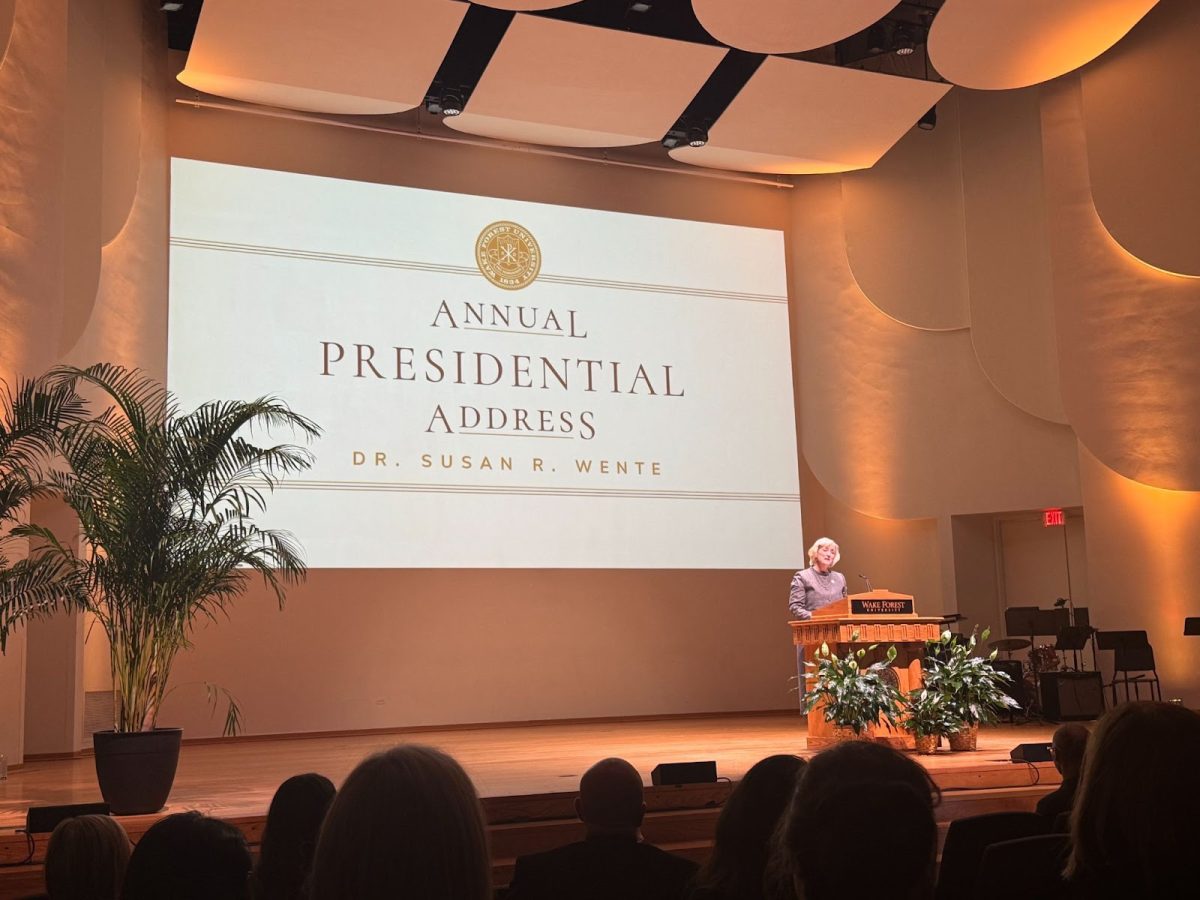
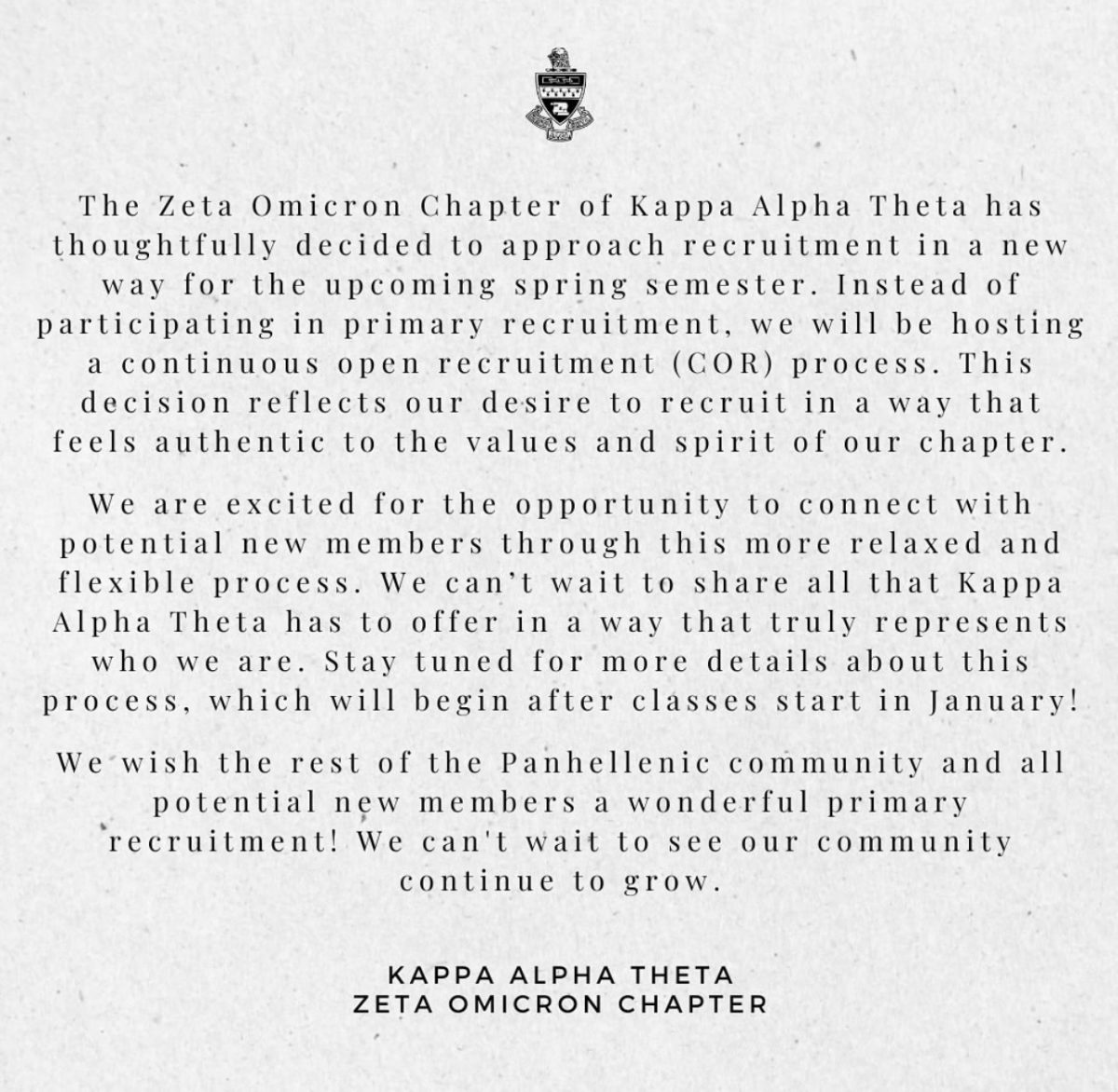

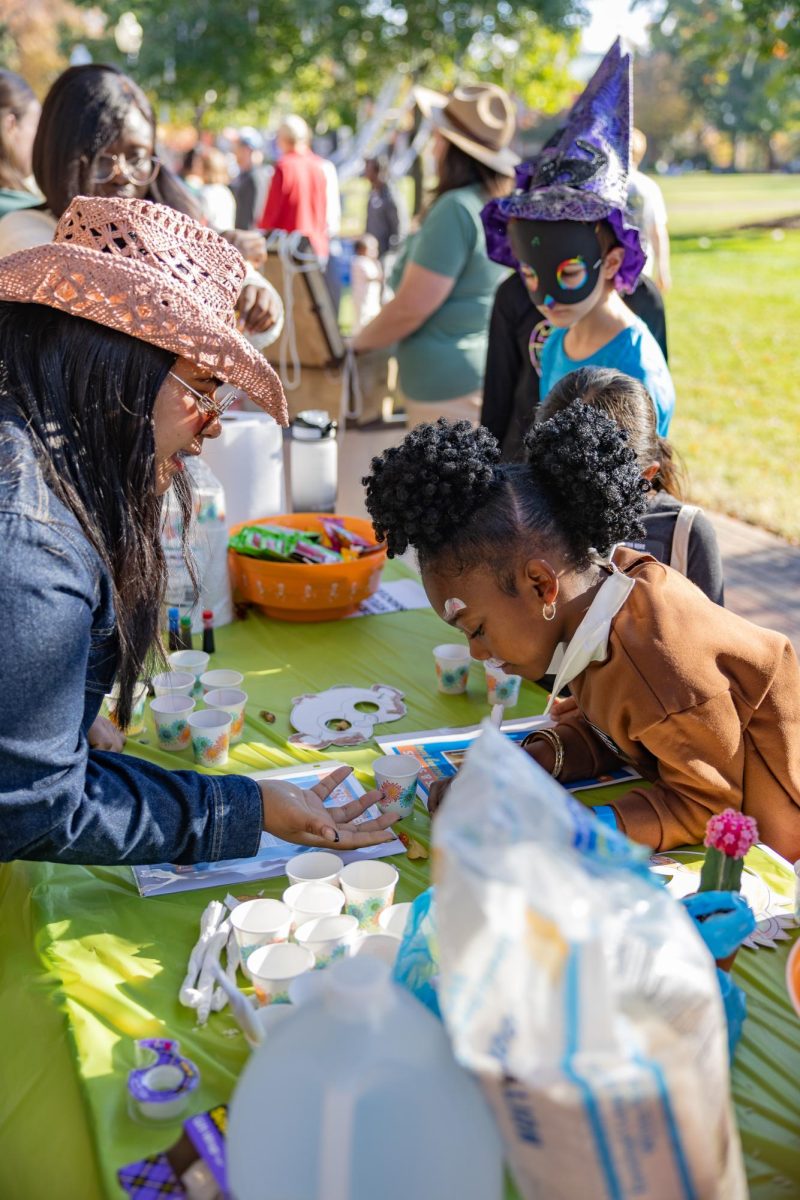
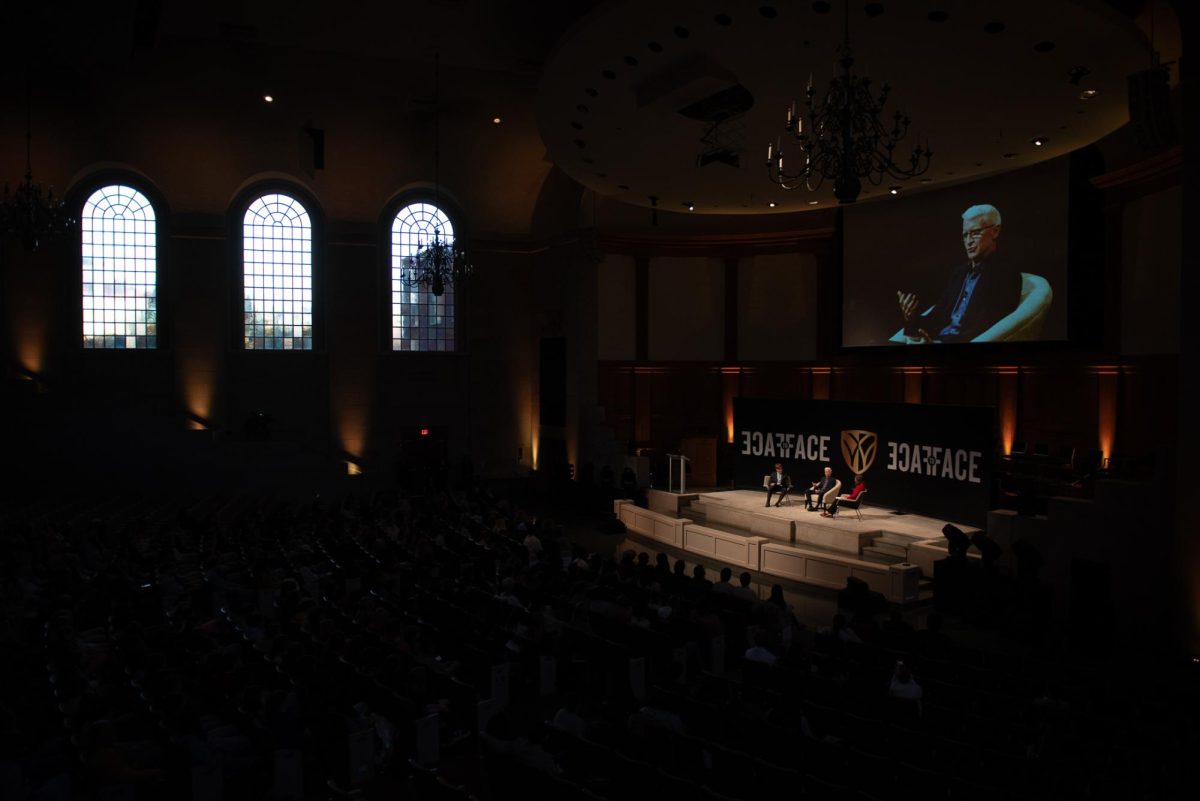

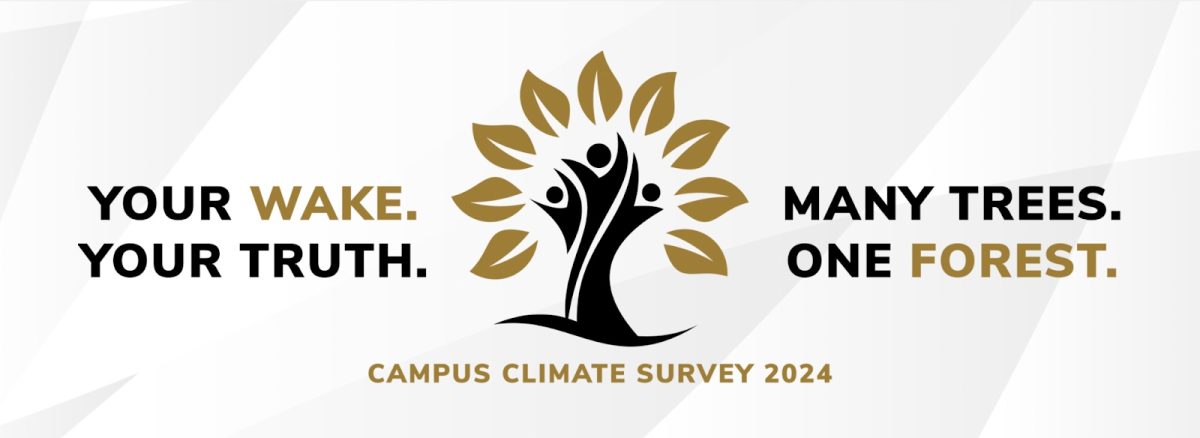

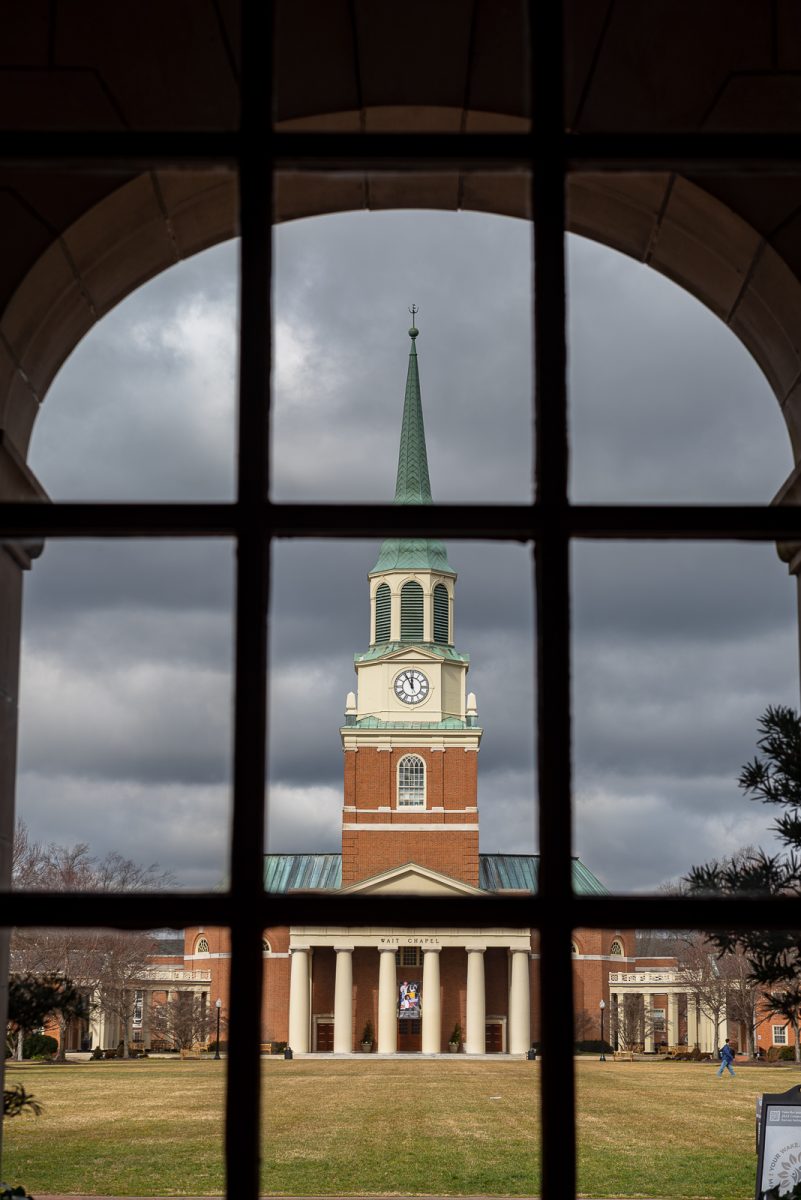
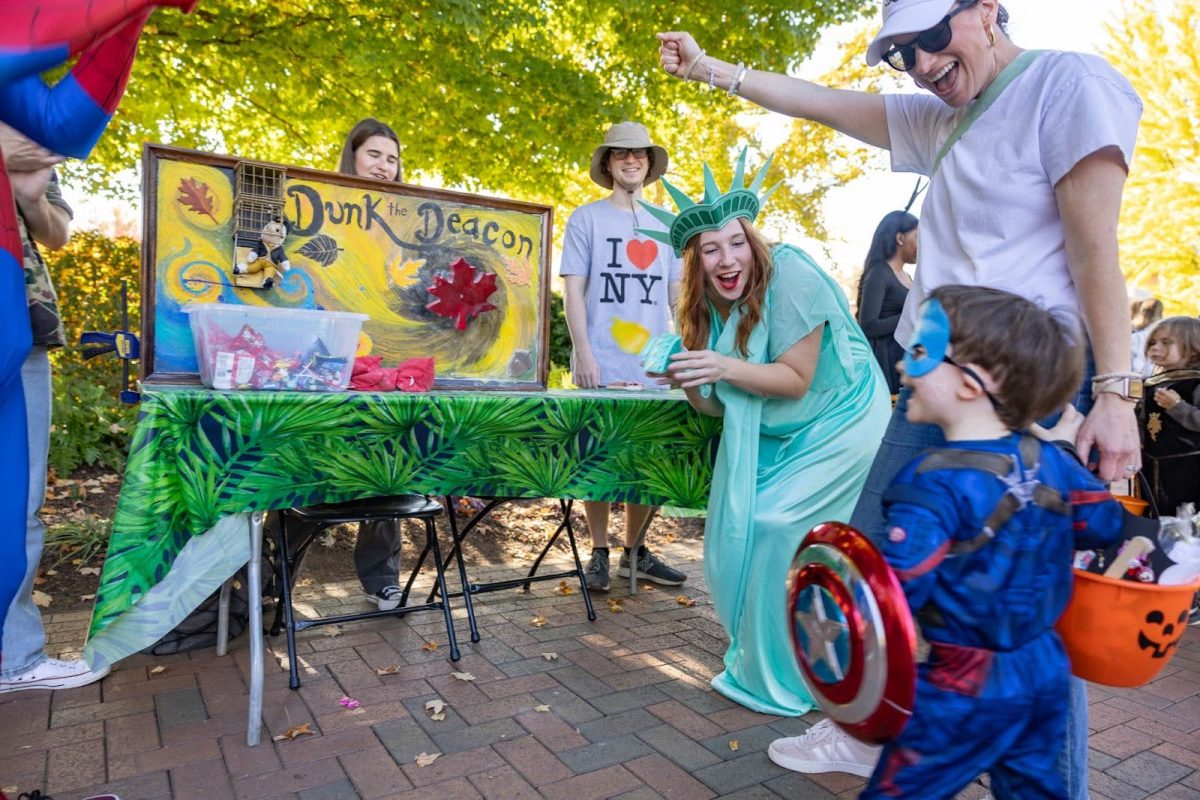
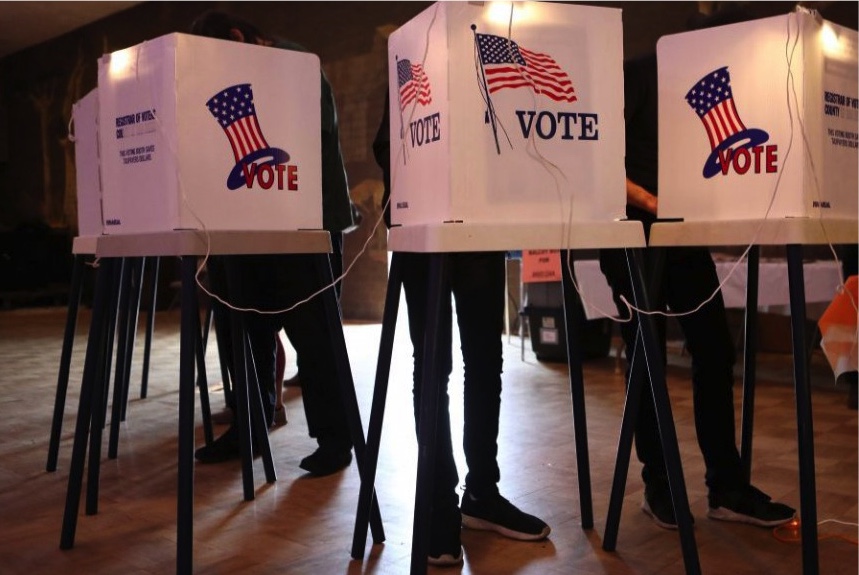

williambilek • Dec 4, 2017 at 4:32 pm
“Lenk discussed the mounting tensions between Jewish Israelites and Palestinians. Palestinians had been living in marginalization for many years prior to the First Intifada, a Palestinian campaign of violence ”
I am always curious – no, skeptical – when those reviewing history choose a date that for them is “the beginning”. In this case, it seems that that is 1988.
Why then?
“She learned that a minority population of Palestinians, a stateless people, were living under oppression in Israel, lacking Israeli citizenship altogether on the basis of their ethnicity. ”
Nonsense, idiocy, prevarication!!
“Jordan transferred its full citizenship rights to the residents of the West Bank, the annexation more than doubled the population of Jordan.[3] The naturalized Palestinians enjoyed equal opportunities in all sectors of the state without discrimination, and they were given half of the seats of the Jordanian Parliament.[8]”